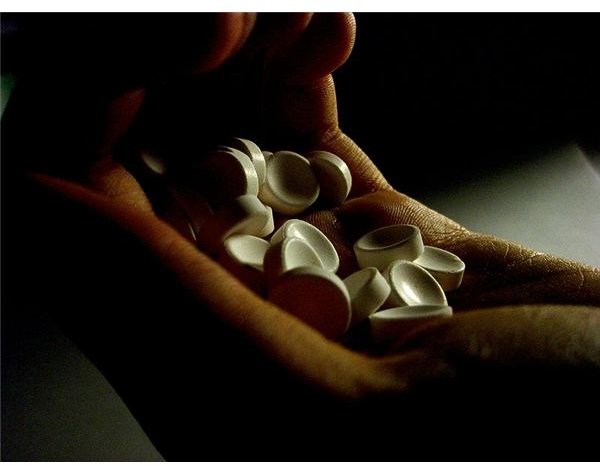Hydergine and Autism
What is Hydergine?
Hydergine is a member of a group of drugs known as ergot alkaloids. The inactive ingredients in hydergine oral tablets include: lactose, povidone, starch, stearic acid, and talc. One mg hydergine liquid capsules contain inactive ingredients including ascorbic acid, gelatin, glycerin, methylparaben, polyethylene glycol, propylparaben, propylene glycol, sorbitol, and titanium dioxide.
Although hydergine is commonly used to treat behavior, mood, and other symptoms associated with Alzheimer’s disease and stroke, the drug is not currently used to treat symptoms associated with autism. Hydergine and autism has attracted some attention in several online forums, but because the drug has only been tested on individuals who show signs of declining mental capacity thought to be related to aging or dementia, it is only approved for use in individuals over the age of 60.
Images
Hydergine and Autism
Hydergine was originally used for the treatment of hypertension. When patients took the drug, they noticed that it did not help lower blood pressure. Instead, the drug seemed to enhance memory and mood. Research later suggested that hydergine improved brain cell metabolism. Today the drug is still prescribed for the treatment of Alzheimer’s disease, but according to Dr. Andrew Weil, author, speaker, and anti-aging specialist, hydergine has been studied but found to be an ineffective treatment of Alzheimer’s disease. The FDA has published a number of memorandums and studies that contradict Dr. Weil’s assertion.
Not enough is known about hydergine’s effects on autism, so it has not been determined whether it may help or hinder autistic patients. Hydergine can cause serious side effects and should only be administered under a doctor’s care. Imitations (which are being promoted online as “smart” drugs) may contain a number of herbal ingredients that have not been FDA tested and approved, so these “medications” are best avoided. Authentic hydergine can cause a number of unpleasant side effects including:
- Lightheadedness
- Vomiting
- Loss of appetite
- Upset stomach
- Runny nose
- Flushing
- Stuffy nose
The side effects may be worse in developing children. In addition, hydergine may interact with several dozen other medications from almotripitan to zolmitriptan.
Hydergine Studies
The majority of hydergine clinical studies have been conducted in relation to heart attacks, strokes, dementia, Alzheimer’s, senile onset, multi-infarct dementia, and primary progressive dementia. Clinical studies on hydergine evaluate mental alertness, cooperation, confusion, sociability, dizziness, recent memory, orientation, emotional ability, self-care, depression, anxiety/fears, fatigue and appetite in patients 60 and older.
To find out more about authentic hydergine, its effects, and indication, please refer to trusted sources only such as the Department of Health and Human Services Food and Drug Administration and Drugs.com (in association with the FDA). Information obtained from publishing communities and other unofficial sources should not be used as a substitute for the medical care and advice of a physician.
References
Department of Health and Human Services, Food and Drug Administration (FDA)
https://www.fda.gov/ohrms/dockets/dailys/00/feb00/021400/rpt0058.pdf
Drugs.com
https://www.drugs.com/pro/hydergine.html
Photo Credit
https://commons.wikimedia.org/w/index.php?title=User:Ayena&action=edit&redlink=1
